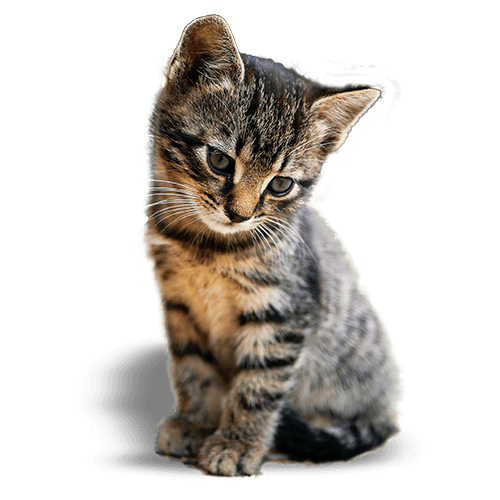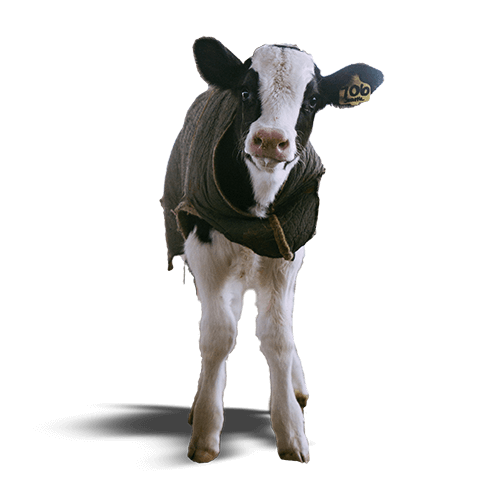Senior Cat Care
Elderly cats (12+) may need a little extra help as they age. By understanding your cat's changing needs you can ensure that they are content, comfortable and free from pain.
As cats age their,
activity levels decrease and muscle tone reduces
appetite and/or fluid intake may change
vision and/or hearing may become less effective
bowel and urinary system functions may change
immune system may weaken
light sleep may increase but deep sleep decreases
coat condition may deteriorate
age-associated disorders may develop, such as arthritis, diabetes, hyperthyroidism or renal impairment
psychological and behavioural changes can occur, such as senility, aggression, increased dependence or excessive vocalisation.
Elderly cats usually need more frequent vet visits than younger, healthier cats, particularly if they have any age-associated symptoms or diseases. We run special senior clinics especially for older cats.
Regular weight checks are important, as are booster vaccinations to support your cat's weakened immune system. Preventative treatment including parasitic (worms, fleas) treatments are very important for older cats.
As your cat gets older, they may benefit from a senior cat food that is designed to meet their precise nutritional needs.
Cats can be good at hiding their symptoms and suffering, so talk to us if you notice any change in your cat's behaviour no matter how small. Treatment can improve your cat's quality of life and could extend their lifespan




